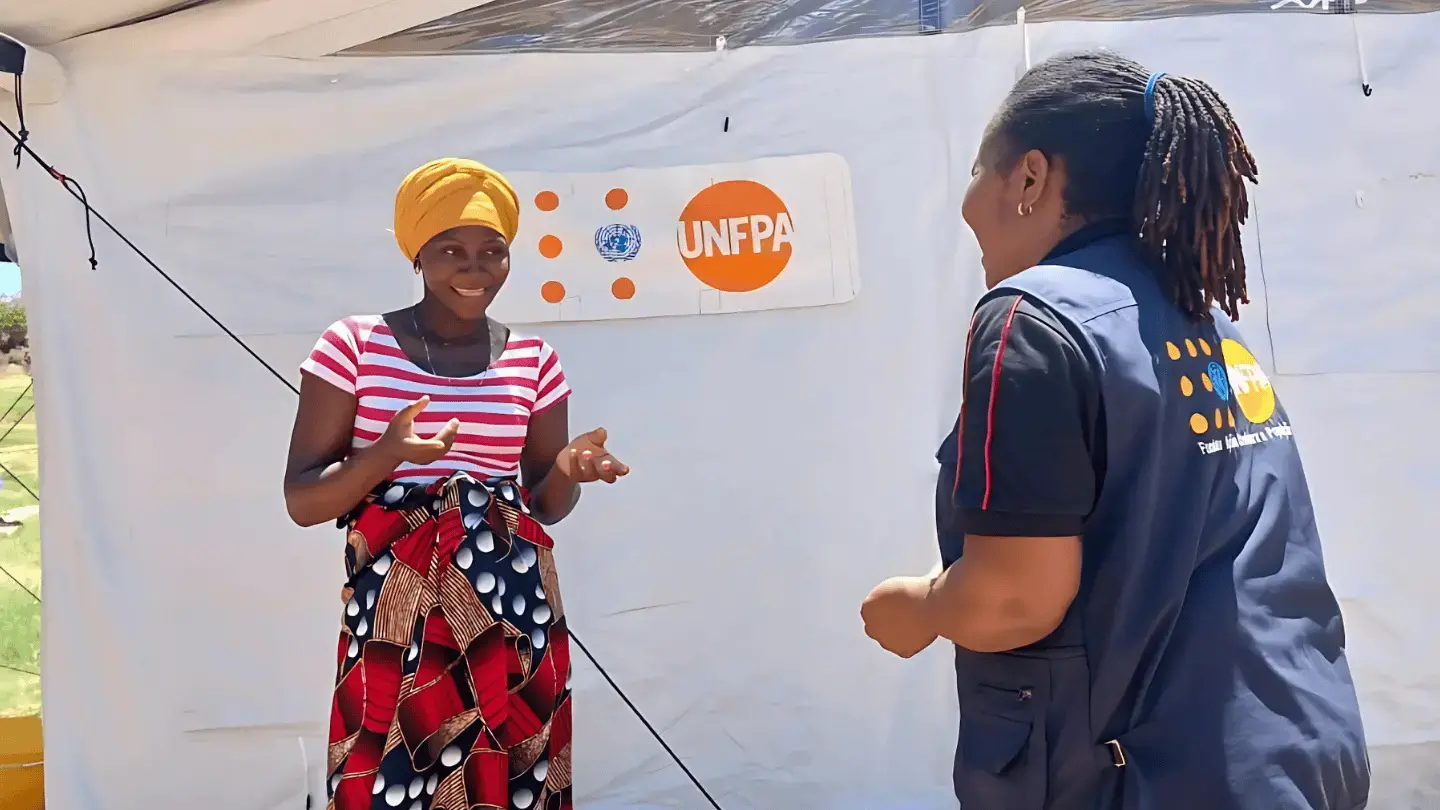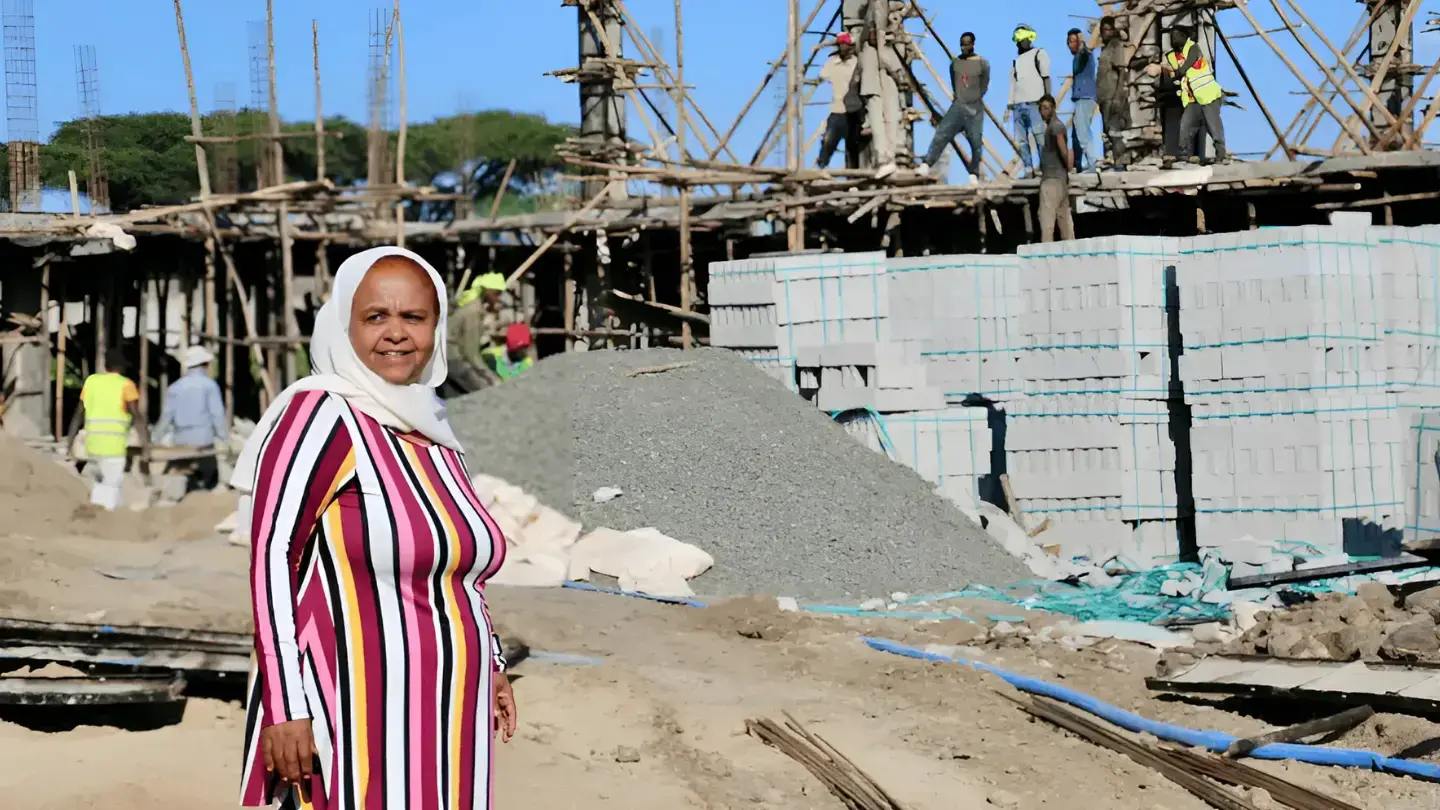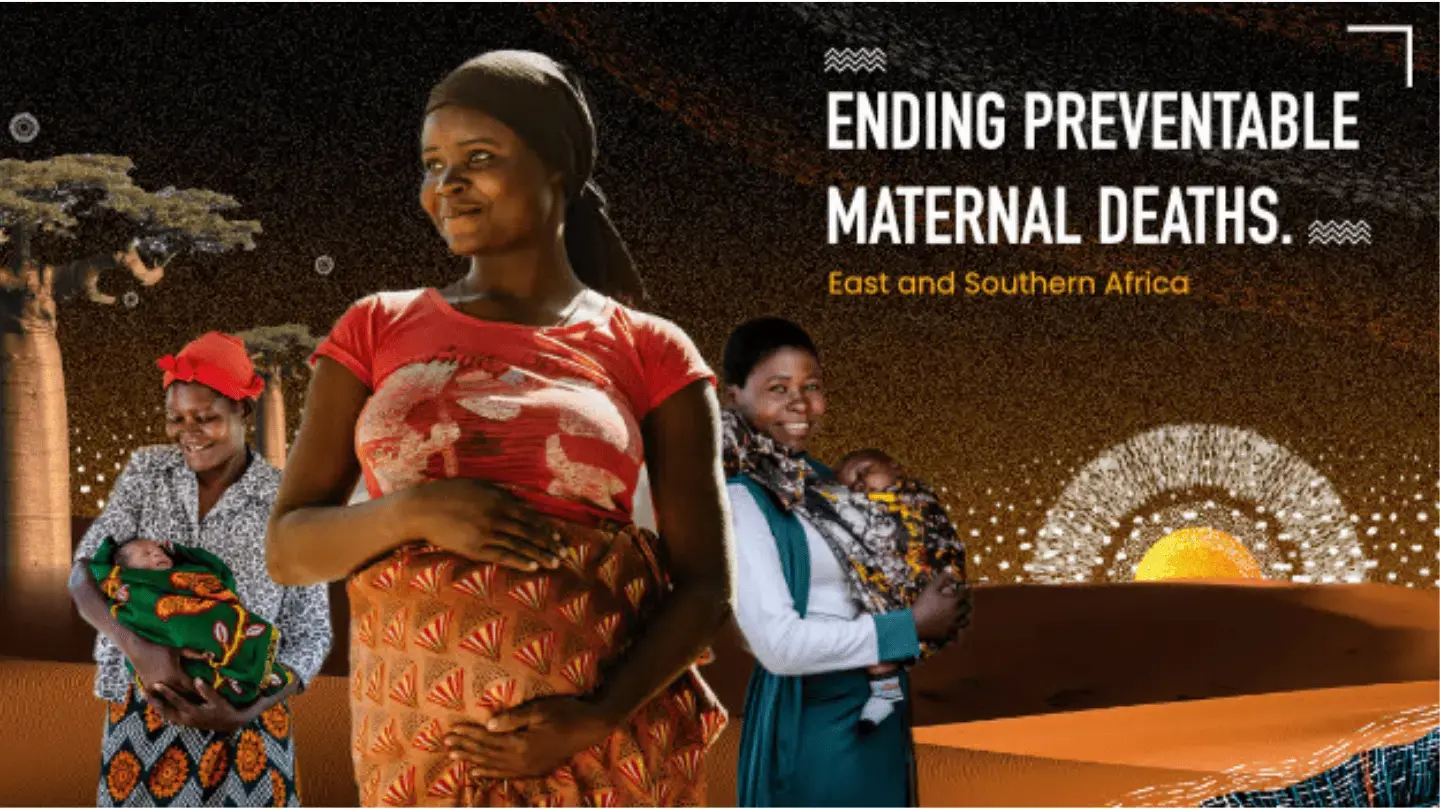Nyasha Phanisa Sithole attended the 63rd Session of the Commission on the Status of Women in New York, where she shared the stories of adolescent girls and young women who had experienced abuse, as well as her own personal experience. She represented AfriYAN (African Youth and Adolescents Network on Population and Development) East and Southern Africa and Athena Network at the event in New York from 9-15 March.
At the 63rd CSW in New York, I joined people from all regions of the world to review global progress towards gender equality and the empowerment of women. This year the focus was on social protection systems, access to public services, and sustainable infrastructure for gender equality and the empowerment of women and girls.
The event gave me an opportunity to meet with government ministers and representatives of non-governmental organizations (NGOs), youth-led organizations, and networks of feminists and LGBTIQs (lesbian, gay, bisexual, transgender/transsexual, intersex and queer/questioning).
Some of the sessions I attended raised conversations around gender-based violence (GBV) and HIV, as well as access to sexual and reproductive health (SRH) for adolescents and young women.
Eye-opening conversations on improved access to SRHR services and MHM products

based violence and HIV, as well as access to sexual and reproductive
health for adolescents and young women. © Winnie Obure
An agenda brought to the table by feminist groups included advocating for the needs of adolescent girls and young women. The discussions brought out the nexus between feminist movements and the role that young people could play and where they could position themselves.
This is because young people are at the centre of GBV. Young people are at the centre of new HIV infections. And young people are at the centre of conservative attitudes towards their accessing SRH information and services.
The conversations were an eye opener for me.
I find that side events are more likely to provide space for young advocates like me to have an influence. I had intimate conversations and came to understand the agenda that each session is trying to push around social protection and the well-being of young people, and where we can contribute and also bring home key lessons.
I got an opportunity to moderate a session on the follow-up to civil society engagement with UNAIDS around sexual harassment and protection, the ‘Doing No Harm’ and the #MeToo campaigns.
This allowed me to share the voices of adolescent girls and young women who experience abuse in both institutional and informal professional spaces, as well as at home and in their communities. I brought it even closer by using my personal experience of experiencing abuse and harassment while working in civil society.
This generated discussion on what has been done and the gaps that still exist in fulfilling adolescent girls and young women’s rights at work.
Call for stricter policies on protection against sexual harassment and GBV

Serumaga (2nd from right), UN Women Country Director for
Zimbabwe, after attending a young feminist accountability session
convened by MenEngage and Athena Network. © Winnie Obure
I called on UNAIDS, as a partner and an organization that has linkages with many other agencies, to advocate with governments for stricter policies on paper around protection against sexual harassment, especially for young women and adolescents.
I also had an opportunity to address a side event held by the African Coalition for Menstrual Health Management and UNFPA, as well as other partners. The panel discussed what more is needed to facilitate safe access to menstrual health products for girls in different contexts.
Multiple efforts are underway to provide access to menstrual products and services for girls in the region – but a point was raised that those efforts were largely targeting girls who go to school, leaving behind those who don’t study due to economic, humanitarian or geographical constraints. Thus it is difficult for them to access the information, services and products that they have a right to.
Ending discrimination by terminology
Another burning point was the terminology itself, that hygiene should be changed to health, in order to look at the issue as a health issue rather than a hygiene problem, which brings further discrimination.
Finally, a shared space for knowledge sharing among young people and youth-led networks is needed, to map out what young people are doing, for example at an event like the CSW, and share the materials through a platform that young people can access and get to learn about CSW.
This would allow us to bring home the conversations that happen at a global level or in our everyday work. It could mean, for example, investing in a feedback mechanism or hosting a webinar after participating at such an event, so that we can build a holistic and meaningful picture of what is happening.
The forthcoming celebration of the 25th anniversary of the International Conference on Population and Development (ICPD) and UNFPA’s 50th anniversary in Nairobi in November will provide an example of how young people can come together, under the leadership of a youth coalition on sexual and reproductive health, to push for space within the working groups of ICPD, and to mobilize resources for the participation of more young people.
Nyasha Phanisa Sithole, 28, from Zimbabwe, is a young professional and activist in the fields of public health, and women’s and girls’ rights.





